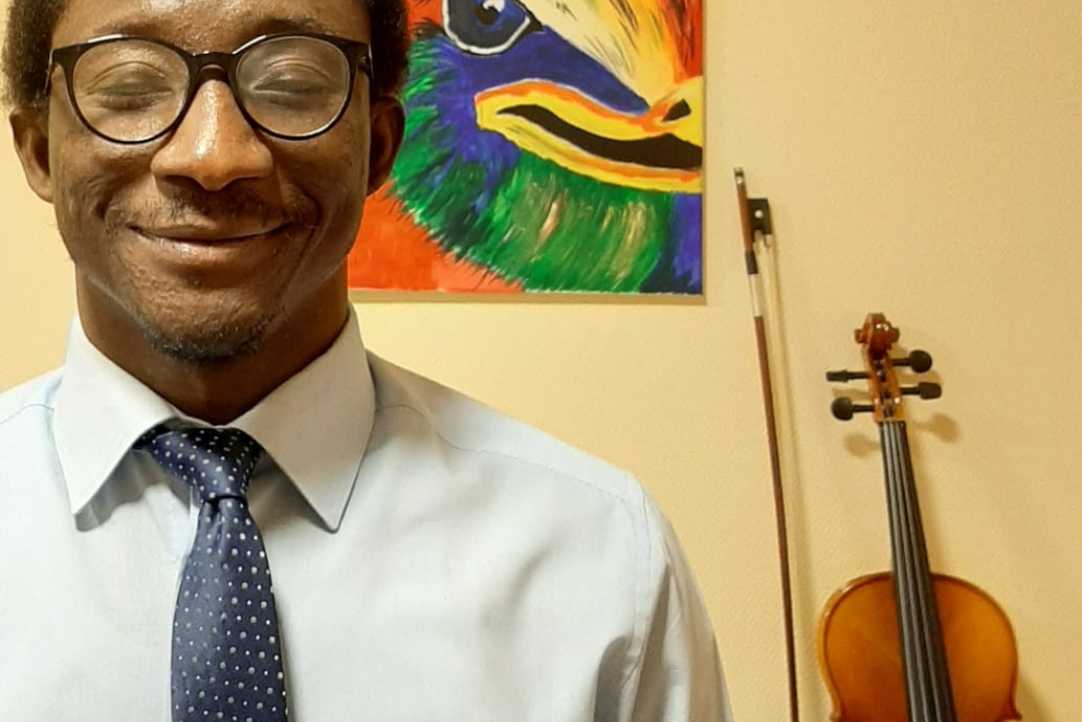New interview - with our graduate Jolly Kanjua
Jolly graduated this year (studying period: 2018-2020)

1. What do you like or dislike about this programme regarding the studying process and research opportunities?
I like labs! They are equipped to the last bolt and are manned by world-class neuroscientists. The labs are easily accessible, assistants are very cordial, and research fellows are ever willing to offer assistance to research plan and execution. I am confident the presence of budding young scientists armed with high tech equipment in a climate congenial to science will produce the next big thing in cognitive neuroscience. I am already proud to have been here! Besides, I have gotten the opportunity to gain research experience that I believe has equipped me for further research opportunities anywhere in the world.
I wish 20% of the studying process was devoted to coursework and 80% hands-on research and practice.
2. Which courses were most useful for you?
All the courses were useful. Courses like neuroscience and cognitive neuroscience showed me how systematic human brain is, and with the brain being the center of all human behavior. Calculus, Linear algebra, and programming have significantly improved my problem-solving skills and allowed me to simulate and understand the brain processes. Introduction and Advanced Neuroimaging Technique prepped me with the basic skills used in neurophysiological research.
3. Which skills did you get in this programme?
They are a host of skills that have made it possible for me to do research using neuroscientific techniques like transcranial rhythmic stimulation. They include (1) research design, ability to conceptualize a research question and state in practical terms how to investigate it, (2) collection of data, fixing electrodes on participants head, setting stimulation protocol and stimulating participants brain (3) preprocessing, transform data using, Brainstorm and EEGLAB, into a required state for analysis (4) data analysis, conduct inferential analysis using tools like Fieldtrip and programming like MATLAB, R, (5) writing of the report, presenting the results to the scientific community.
4. What are you going to do after graduation?
Get into a Ph.D. program right after graduation. If not I will take a gap year and finally settle near the Himalayas to write the book that has been haunting me – I have been putting it off for quite some time.
5. Do you have advice for the future students of this programme?
It is easy to lose sight of what matters the most in the pursuit of a master’s degree. Look to hone your ability (acquire the skill set needed for academic and scientific endeavors) than getting embroiled in unnecessary trivial (like grades.. I hate exams. They are outmoded and unoriginal yet brilliant professors and educators capable of awe-inspiring scientific discovery can’t help but succumb to its foolery). Set your own goals; learn new things. Better, you frequent the lab than the classroom. even better, take an active part in a research project. I have learned more things working on a project than in the classroom. However, identify and frequent the class you find interesting. Try to establish contact with the professor, start a conversation, indulge him or her, you will be surprised he or she will make time for you.

